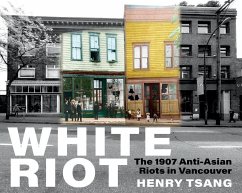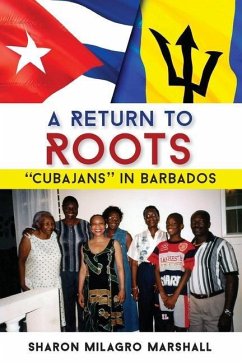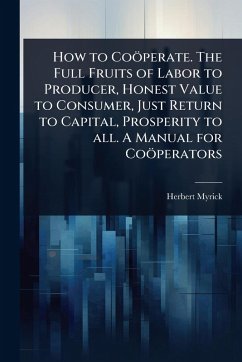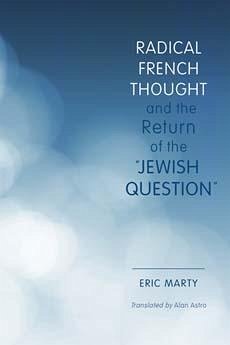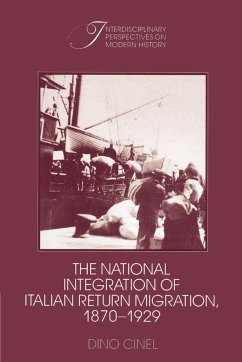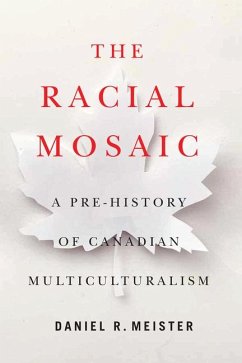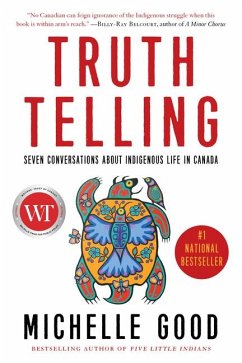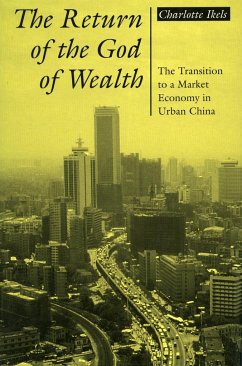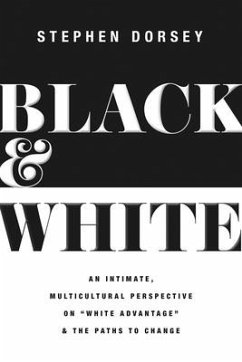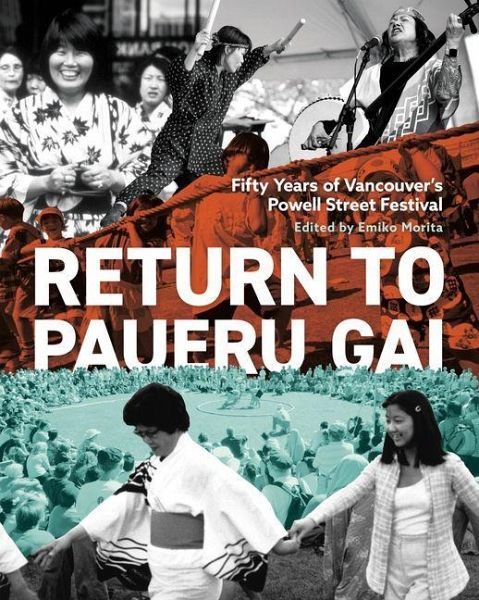
Return to Paueru Gai
Fifty Years of Vancouver's Powell Street Festival
Herausgeber: Morita, Emiko
Versandkostenfrei!
Erscheint vorauss. 5. Mai 2026
21,99 €
inkl. MwSt.
The remarkable history of Vancouver's Powell Street Festival and the proud Japanese Canadian community behind it Paueru Gai, the Powell Street neighbourhood in Vancouver's Downtown Eastside, was a place of early settlement and forced removal for Japanese Canadians during the shameful years of internment in World War II. But Paueru Gai is also a site of regeneration: Since 1977, a diverse array of people gathers every August in Vancouver's Oppenheimer Park and the surrounding neighborhood to honor and celebrate Japanese Canadian history, art, and culture. Powell Street Festival is an act of emp...
The remarkable history of Vancouver's Powell Street Festival and the proud Japanese Canadian community behind it Paueru Gai, the Powell Street neighbourhood in Vancouver's Downtown Eastside, was a place of early settlement and forced removal for Japanese Canadians during the shameful years of internment in World War II. But Paueru Gai is also a site of regeneration: Since 1977, a diverse array of people gathers every August in Vancouver's Oppenheimer Park and the surrounding neighborhood to honor and celebrate Japanese Canadian history, art, and culture. Powell Street Festival is an act of empowerment that defines and redefines Japanese Canadian identity. In Return to Paueru Gai: Fifty Years of Vancouver's Powell Street Festival , essays, photographs, archival images, and a chronology articulate the festival's crucial role in uplifting Vancouver's Japanese Canadian community and affirming its place in the history of the city. From taiko drumming and sumo wrestling to community food vendors and human rights advocacy, the festival and the people who make it happen come brilliantly alive in this wide-ranging, vibrant book. Essay writers include Musqueam Elder Mary Point, the seniors of Tonari Gumi (the Japanese Community Volunteers Association), cultural worker Julia Aoki, journalist Charlie Smith, writer Angela May, and members of the Japanese Canadian Art and Activism Project. Full color throughout.




